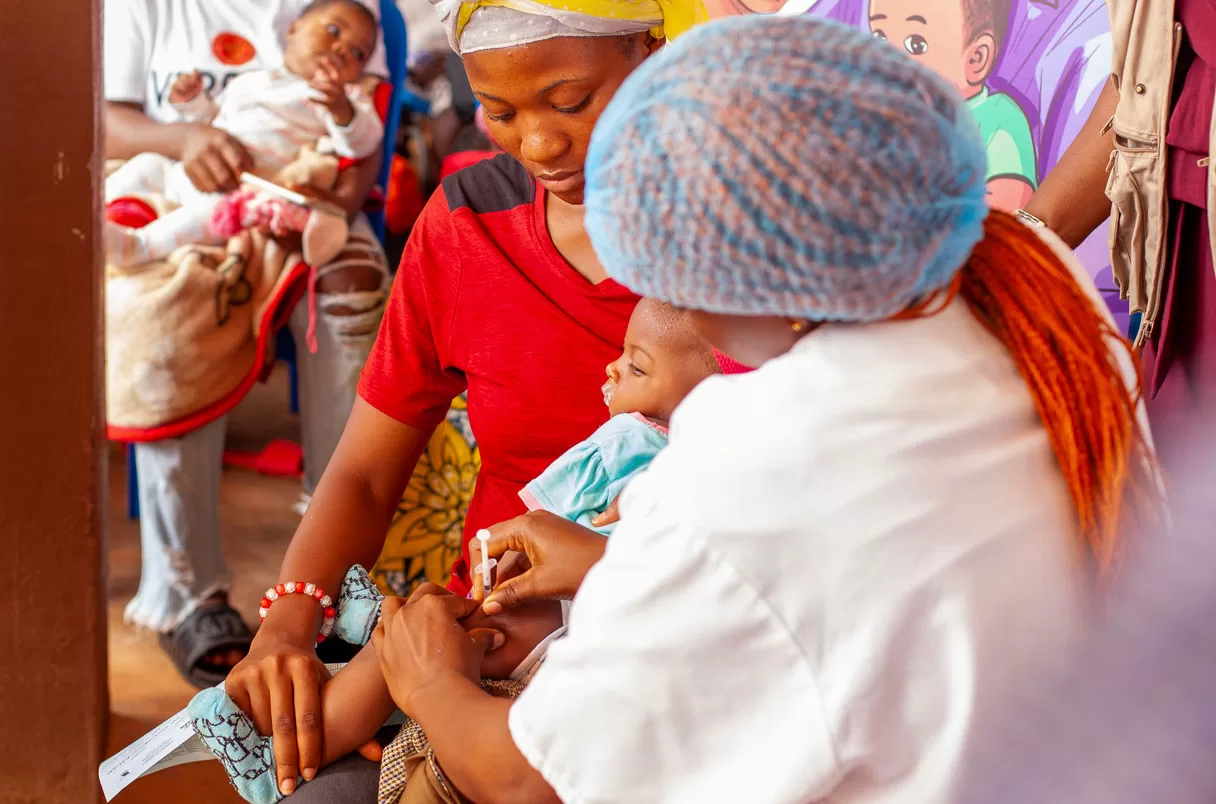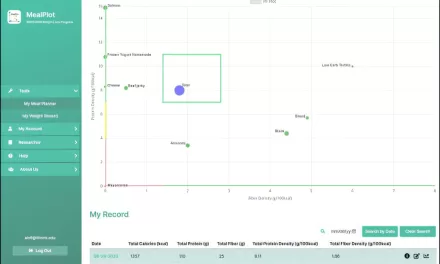
In a monumental breakthrough in the global battle against malaria, the long-anticipated routine childhood malaria vaccinations have been initiated in Cameroon. On January 22, infants and toddlers received the groundbreaking RTS,S, also known as Mosquirix, marking the commencement of a new era in preventive healthcare.
Developed by GlaxoSmithKline and granted approval for general use by the World Health Organization (WHO) in 2021, RTS,S represents the first-ever routine childhood malaria vaccine. This historic milestone follows a relentless 60-year quest to develop an effective tool against the deadly disease.
The vaccine’s deployment is a result of a 4-year pilot rollout mandated by the WHO in Ghana, Kenya, and Malawi. The pilot demonstrated that RTS,S substantially reduced the incidence of illness and death in young children, offering a promising shield against the devastating impact of malaria. The success of the pilot paved the way for the widespread inclusion of the vaccine in routine childhood immunization schedules.
Nineteen other African countries are poised to follow suit, planning to commence the administration of RTS,S or another recently approved malaria vaccine, R21, throughout this year. Both vaccines are administered as a series of four shots, typically starting in the sixth month of life, reinforcing the importance of early protection against malaria.
A Lethal Foe Confronted
Malaria remains a formidable adversary, claiming the lives of approximately 470,000 children under the age of 5 in Africa annually. The disease’s prevalence has surged, with Cameroon experiencing a 49% increase in malaria incidence between 2015 and 2022.
The introduction of routine childhood malaria vaccinations holds the potential to significantly alter this grim trajectory, offering a lifeline to countless children vulnerable to the debilitating effects of malaria. The strategic rollout of vaccines aligns with a comprehensive effort to curb the impact of malaria and foster a healthier future for the next generation.
Strategic Approach to Childhood Immunization
The RTS,S vaccine, along with its contemporaries, has demonstrated its efficacy in extensive clinical trials and pilot programs. While the vaccine’s effectiveness diminishes over time, the series of four shots provided in early childhood offer a robust shield against the initial onslaught of malaria.
The global community hails this historic moment as a testament to the collaborative efforts of researchers, healthcare providers, and policymakers who tirelessly worked towards the realization of routine childhood malaria vaccinations. The proactive approach adopted by the WHO and participating African countries reflects a commitment to prioritizing preventive measures and reducing the burden of malaria-related morbidity and mortality.
As the vaccines become an integral part of routine childhood immunization, they represent a beacon of hope in the ongoing fight against malaria, paving the way for a healthier and more resilient generation.












